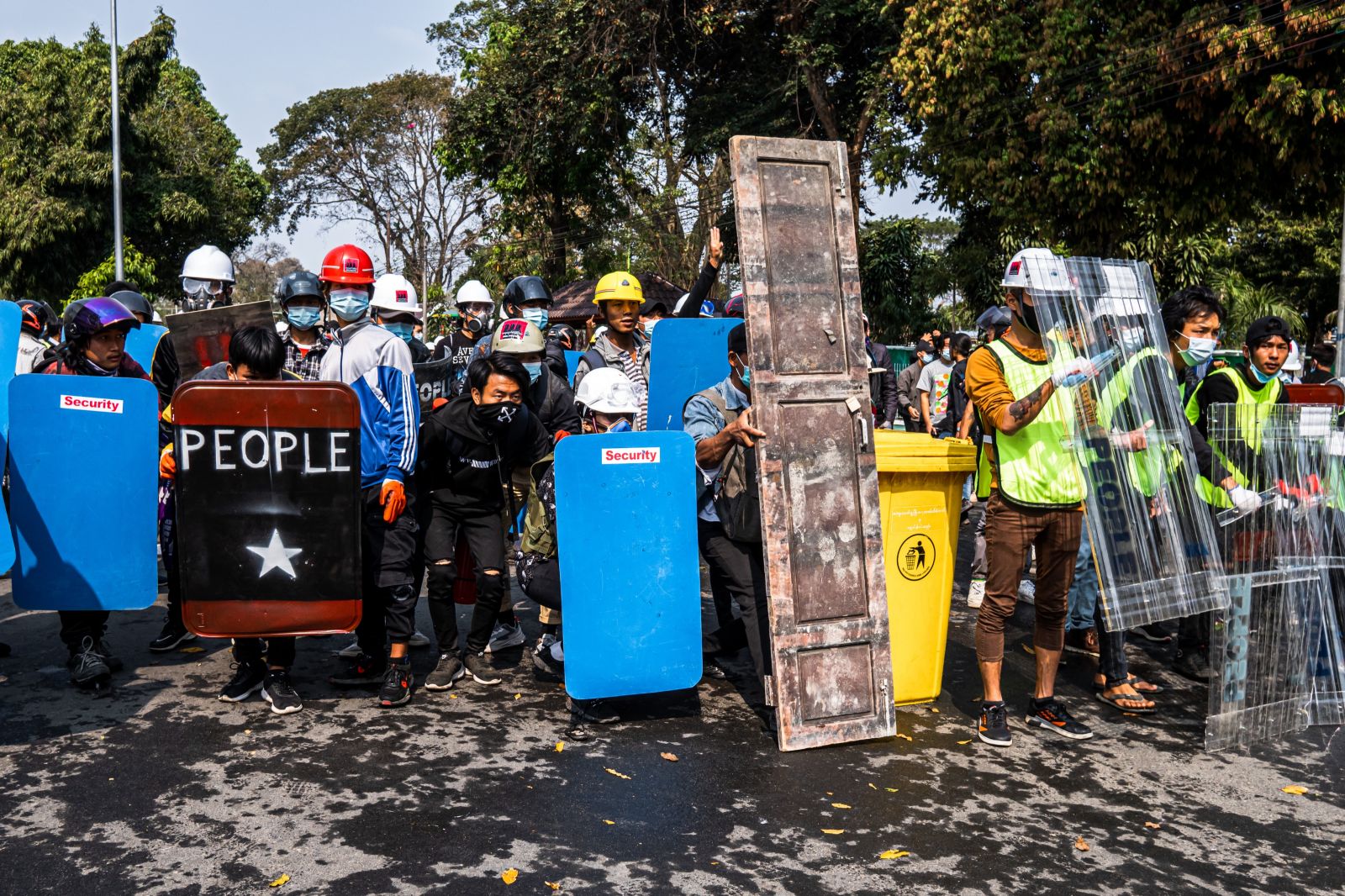The military junta has caused a massacre in Myanmar, where at least 38 people have died as a result of the coup
- In the main cities of the country there have been clashes between the police and anti-dictatorship protesters. At 18:30 hours in the Basque Country, major international media have reported that at least 33 people have died, more than 60 on social networks. According to the United Nations, the death toll is 38, while the death toll is of Nigerian origin. A butcher's shop.

Peaceful demonstrators have been shot on Wednesday in Myanmar and have recorded at least 38 deaths in protests across the country, despite the fact that the death toll is rising. Although there were several deaths in protests against the Board in the past days, Wednesday has been the bloodiest day since the coup d ' état took place on 1 February.
The demonstrations have challenged the bans imposed by the military junta and have taken to the streets to call for the restoration of democracy and the release of political prisoners. The Guardian has interviewed Thinzar Shunlei Yi, a human rights activist who says that "every day a massacre is taking place" in the country.
A multitude of videos are being disseminated on social networks documenting Wednesday's violence. This thread is gathering videos of attacks perpetrated in several cities.
Meanwhile, protests have continued in many cities, and protesters have erected barricades to face the Governing Board.

BBC hedabideak ikerketa bat argitaratu du, eta militarrek uztailean egindako lau sarraskiren berri eman du. Uste dute hilketak “zigor kolektiboak” izan direla, herri horiek baitira agintean dagoen junta militarraren oposizioaren gotorlekua. Armadak ez ditu hilketak... [+]






















